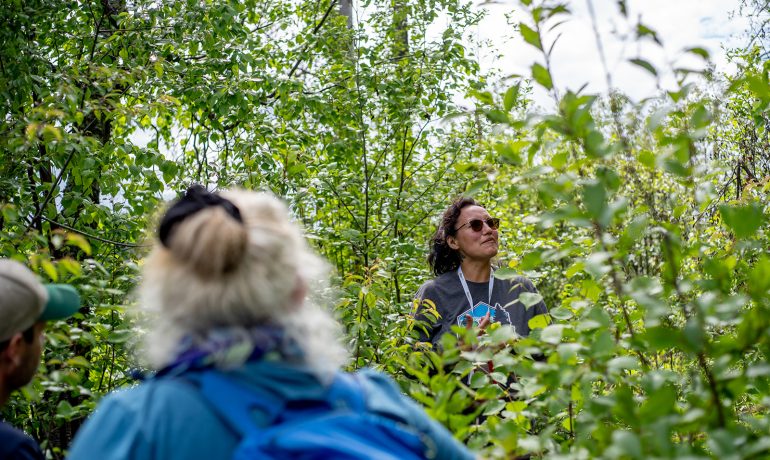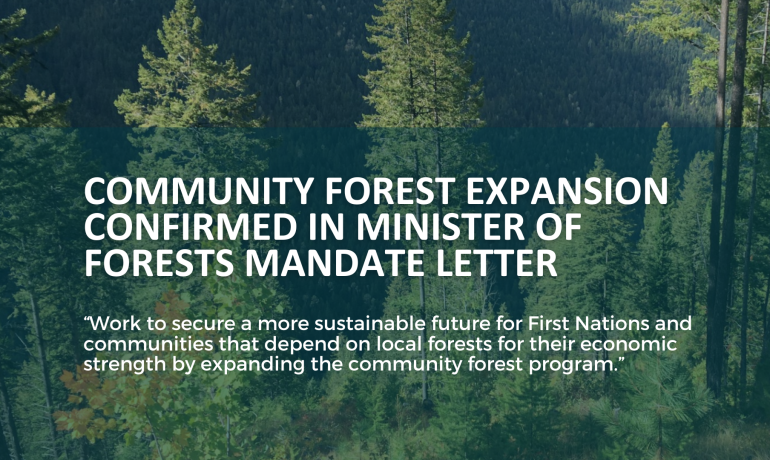There’s a prevailing perception among business leaders and investors and even within some First Nations communities that you can’t get a resource development project built in B.C.
However, these projects have been largely overshadowed by stark images of hereditary chiefs from the Wet’suwet’en First Nation blockading the Coastal GasLink LNG pipeline near Houston last January.
These protests highlighted the rift between hereditary chiefs of the five Wet’suwet’en clans and the elected band council, which supports the pipeline. This situation is particularly troubling given that Coastal GasLink signed community and project agreements with all the elected Indigenous bands along the pipeline route in B.C.
Leading up to the upcoming Indigenous Resource Opportunities Conference in Nanaimo this month, many business leaders are telling me they’re concerned that the impending passage of federal Bill C-262 implementing the United Nations Declaration on the Rights of Indigenous Peoples (UNDRIP) will embolden activists further to challenge resource projects. They fear UNDRIP will herald a fundamental shift in the legal landscape governing Indigenous rights and title, potentially stopping resource projects in their tracks.
If the Senate passes Bill C-262, Canada would be the first country in the world to harmonize its federal laws with UNDRIP.
Related Post
As Published in Canadian Forest Industries Magazine, Pulp & Paper Magazine and Canadian Biomass Magazine
Jennifer Gunter’s Op Ed, “Community Forests: Rooted in Community,
Minister of Forests Mandated to Expand BC’s Community Forest Program
In the recently released mandate letter to the Minister



